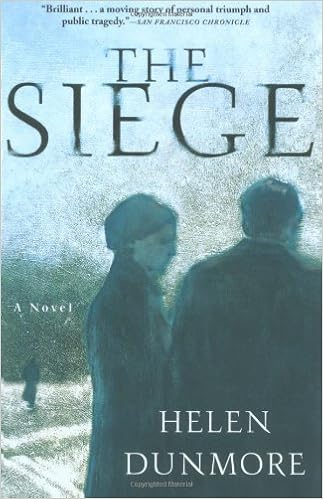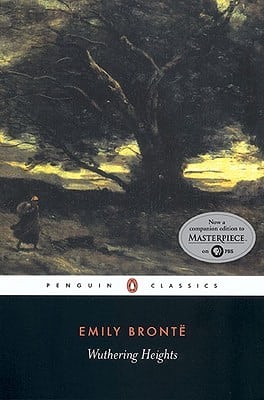Does familiarity with literature itself provide knowledge and, if so, of what kind – knowledge of facts, of the author, of the conventions of the form or tradition, of psychology or cultural history, of oneself?
There is a fundamental difference from the knowledge literature can provide us and the knowledge science can. The understanding we gain from science explains how things happen in the physical world and how we can model that. Whereas, literature gives us insight into why things happen and what effects they have on the people around us and ourselves. Literature is the translation of human thought and emotion into a text. Familiarizing ourselves with it helps us understand core human beliefs and values while also pushing us to question our own nature as individuals. It also weaves together many different aspects of human life and society within it. “The Siege” by Helen Dunmore, a literary work of historical fiction, is a prime example of this. When I read it, I noticed that it gave me much insight into a few key areas of knowledge: cultural and political history, and human psychology.

The Siege is set during the Nazi siege of Leningrad (St. Petersburg) in the winter of 1941. The most factual knowledge the novel provides us with is through the context of the narrative. The book opens with a letter from the German Naval staff who write, “The Fuehrer has decided to have Leningrad wiped from the face of the earth.” from Berlin in 1941. This letter makes allusion to Hitler and his hostile political relationship with Soviet Russia. Throughout the book, although never explicitly mentioned, there are multiple references to Stalin and the Communist Party. Anna refers to him as “Koba” which was one of his many nicknames and resentfully talks about the many privileges his party members received such as more food, warmth, and better salaries. This political context is key in establishing the general social sentiment in Russia at the time. These interwoven details are also important to understand Anna’s actions and why they are emotionally compelling. They are also useful in giving us perspective of the societal and emotional impact of historical events that are normally studied analytically.
Another way this literary work provides us with knowledge is through the emotions of the main character and how she deals with the situations she is faced with. It gives us an understanding of human psychology, especially into the fight-or-flight response described by Walter Bradford Cannon. Although it was originally proposed as a physiological response, it is often used to describe emotional responses as well. Throughout the book, Anna is portrayed as facing the most dire, dismal, and hopeless of a situation. She tries to survive the Leningrad winter under German blockade with barely any money and food, an asthmatic brother, and a bedridden father. The burden of surviving falls almost entirely upon her. But even under this pressure, she consistently perseveres to make the most of the situation and somehow make do. Whether it is saving a “quarter slice of bread” every day for her brother, going to a black market to acquire a “burzuika”, or walking through unforgiving weather conditions just to find wood to burn for warmth, she never gives up. She tells herself that she will fight to survive and she does. This inspiring narrative of human determination helps us gain knowledge into the incredible resolve we are capable of. Since it is such an emotionally compelling piece of writing, The Siege makes us question ourselves regarding our own resolve and willpower, helping us discover more about ourselves too.
